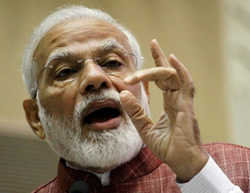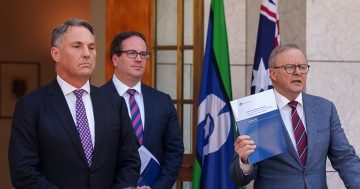INDIA
 The Indian Government is planning a series of new steps in its reform of the country’s sprawling Public Service during its second term.
The Indian Government is planning a series of new steps in its reform of the country’s sprawling Public Service during its second term.
Included are the expansion of lateral entry into the Public Service and the forced retirements of workers whose positions have been made redundant.
In a major overhaul of the system for selecting top officials for senior positions in the central bureaucracy, the Government, led by Prime Minister, Narendra Modi (pictured) is planning to reform the decades-old empanelment process.
The process is often seen to be opaque and very slow. While the exact measures to reform it have not yet been decided, officials in the know said there is intent to make the Public Service more representative at the top levels.
The officials said rationalisation of the more than 60 State Services (Departments) – eliminating those which are redundant or merging similar Services – was also under active consideration.
“The Government feels some Services have ceased to be useful over the last few decades, while there is a need to introduce new Services more in sync with contemporary times,” one Government official who did not wish to be named, said.
“As a result, there is some degree of stagnation among officers belonging to Services that have become redundant, and there is a need to address this.”
The official said there would also be tighter control of the elite Indian Administrative Service, forcing those officers to spend at least some of their careers serving the Central Government in New Delhi rather than in the States of their choice.
“Since every Ministry has a division which deals with foreign countries, it is felt that officials from across the Services, and not just those from the Indian Foreign Service, should have a grasp of a foreign language,” the official said.
New Delhi, 1 December 2019











